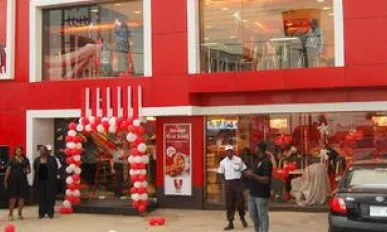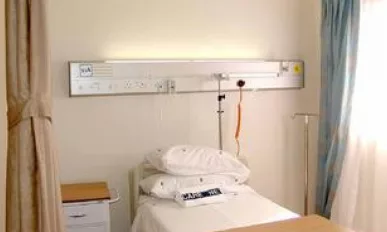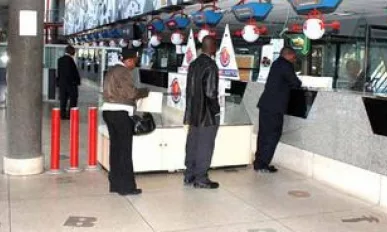National Real Estate : Keeping it in the Family
National Real Estate in Bloemfontein currently manages over 12,000 residential properties in both the sectional title and property rental portfolios. It also manages more than 1,200 commercial properties and offers insurance services.
KFC Sub-Saharan Africa : Unlocking Africa
As the KFC brand continues to expand further across Africa, Africa Outlook talks to Bruce Layzell, KFC general manager for new African markets.
Sundry Foods Limited : What a Catch
Nigeria’s Sundry Foods is targeting growth in the quick service industry through its restaurant brand Kilimanjaro and recently launched seafood chain Coral Blue Seafood Restaurant.
Hutz Medical : African Health Solutions
Hutz Medical has become synonymous with high quality hospital equipment and is aiming to take advantage of growth opportunities at home in South Africa and across the African continent.
Zimpost : First Past the Post
As Zimbabwe postal company Zimpost continues to evolve we speak to Managing Director Douglas Zimbango about a $5 million upgrading project aimed at modernising its business methods.
AON Benfield : Why Reinsurance?
AON Benfield is the global reinsurance intermediary and capital advisor of worldwide insurance, reinsurance and risk management specialist AON plc. Basically, it provides balance sheet protection to insurance and reinsurance companies.
Africa Outlook Magazine Issue 03
Issue 03 of Africa Outlook Magazine. The B2B digital publication for c-suite executives and hands-on decision-makers across Africa.































